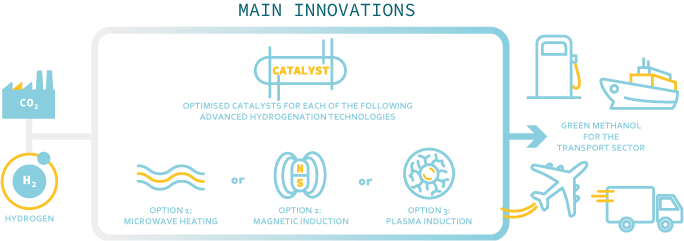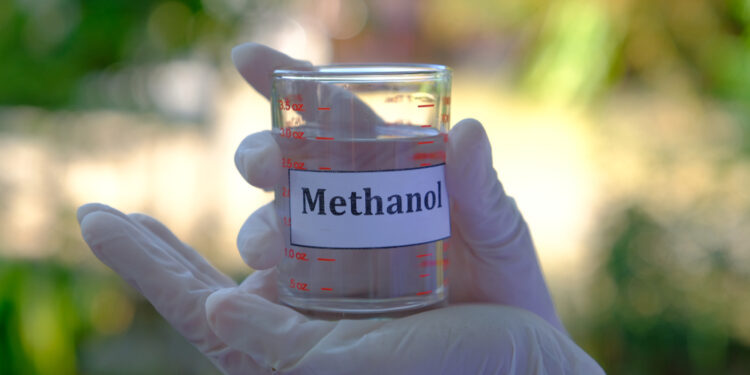A joint European / Japanese research project, The Laurelin project, aims to lower the energy requirements and costs for manufacturing green methanol, which is currently one of the leading candidates for decarbonizing deep-sea shipping.
This four-year international research initiative, hopes to cut that cost down. Its experts hail from Belgium, Germany, Japan, Netherlands, Spain and the United Kingdom, and they are combining their efforts to survey multiple combinations of catalysts and reaction chambers in search of the best arrangement.
Reducing the e-methanol production costs would lead to an increase in the opportunities to use it as fuel. This would directly benefits society thanks to the reduction in GHG emissions and costs, creating further jobs and wealth,
explained Professor Teruoki Tago of the Tokyo Institute of Technology.

The team will test out more than 100 different catalyst materials and three reactor technologies (microwave heating, magnetic induction and plasma induction). “Catalysts are the key for methanol to become the main product, minimising the production of undesired complex mixtures,” explains Adolfo Benedito Borrás, head of technical coordination for the project.
If successful, the Laurelin project’s efforts would complement the push for higher efficiency in green hydrogen production, and would help expand the availability of green methanol for shipping.
The initiative has about $4.8 million in funding from the EU and additional funding from Japan.

































































